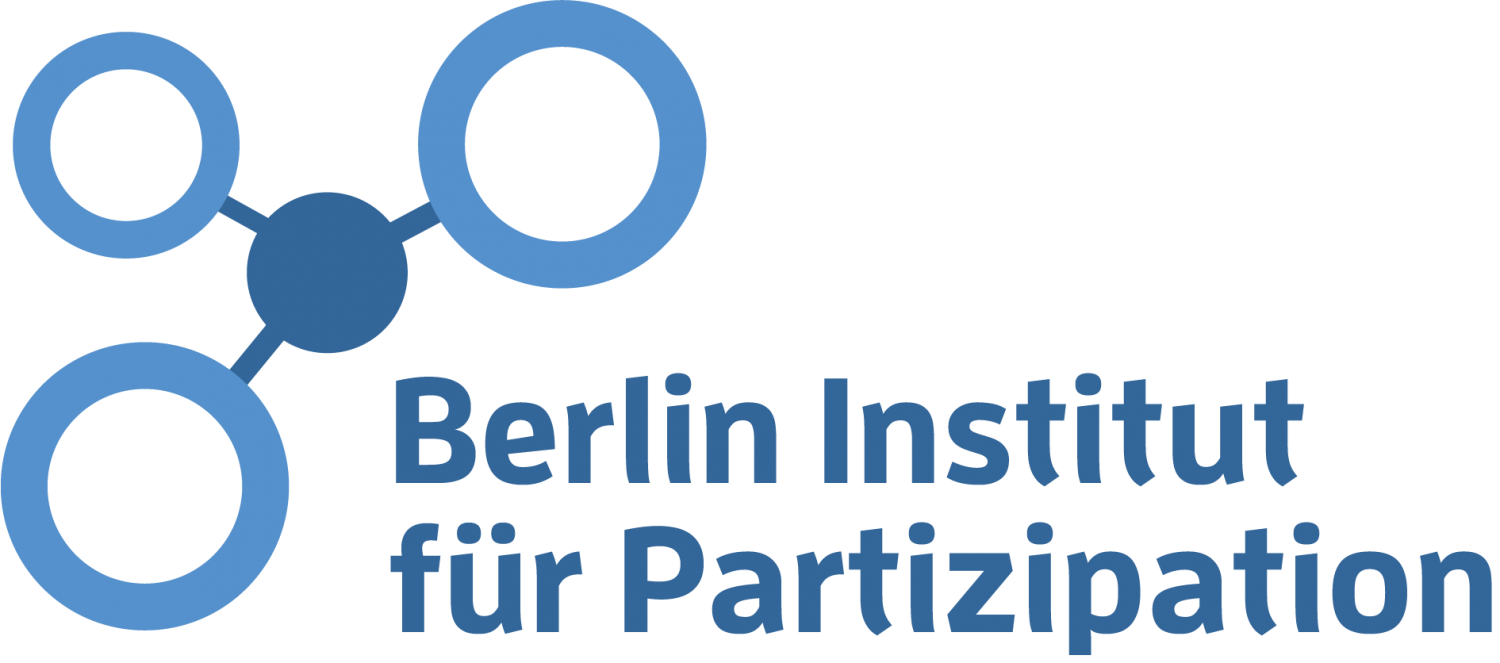Newsletter Bürgerbeteiligung sichern und gewinnen!
 Foto: Frank C. Müller via flickr.com , Lizenz: CC BY-SA 2.0
Foto: Frank C. Müller via flickr.com , Lizenz: CC BY-SA 2.0
Der neue Newsletter zum Thema Bürgerbeteiligung ist da.
Einen Monat nach dem Start unseres Webmagazins, möchten wir die Möglichkeit eröffnen, mit einem Newsletter in regelmäßigen Abständen über neue Entwicklungen im Bereich Partizipation informiert zu werden. Der Newsletter enthält eine Zusammenstellung der neuesten Beiträge auf dem Bblog.
Und nicht nur das: Wir verlosen DVDs von dem tollen Film „Der Große Demokrator“, über den wir bereits berichteten. Melden Sie sich noch bis Ende Oktober für den Newsletter HIER an und Sie nehmen automatisch an der Verlosung teil.
Eines gewinnen Sie auf jeden Fall: interessante Berichte über aktuelle Beteiligungsverfahren und Neuigkeiten aus Wissenschaft und Forschung jeden Monat direkt in Ihr Emailpostfach!
Literaturhinweise
2021, ISBN: 978-3-658-34040-7.
Politics with the People – Building a Directly Representative Democracy Buch
Cambridge University Press, 2018, ISBN: 9781316338179.
Gespaltene Mitte - Feindselige Zustände. Rechtsextreme Einstellungen in Deutschland 2016 Buch
Dietz Verlag, Bonn, 2016, ISBN: 978-3-8012-0488-4.
Model or Muddle? Governance and Management of Radioactive Waste in Sweden Buchabschnitt
In: Jörg Sommer (Hrsg.): Kursbuch Bürgerbeteiligung #1, Verlag der Deutschen Umweltstiftung , Berlin, 2015, ISBN: 978-3942466141.
Nukleare Entsorgung - ein "wicked" und höchst konfliktbehaftetes Gesellschaftsproblem Artikel
In: Technikfolgenabschätzung – Theorie und Praxis, Bd. 21, Nr. 3, S. 59-65, 2012.
Identifying remaining socio-technical challenges at the national level: Sweden Sonstige
2012.
Die erregte Republik: Wutbürger und die Macht der Medien Buch
Klett-Cotta, Stuttgart, 2011, ISBN: 978-3608946208.
In: Aus Politik und Zeitgeschichte, Bd. Band 1-2, S. 27-32, 2011.
Volksabstimmungen: Illusion und Realität Artikel
In: Aus Politik und Zeitgeschichte, Bd. Band 44-45, S. 47-55, 2011.
Einfach nur dagegen: Wie wir unseren Kindern die Zukunft verbauen Buch
Goldmann Verlag, München, 2011, ISBN: 978-3442312733.
